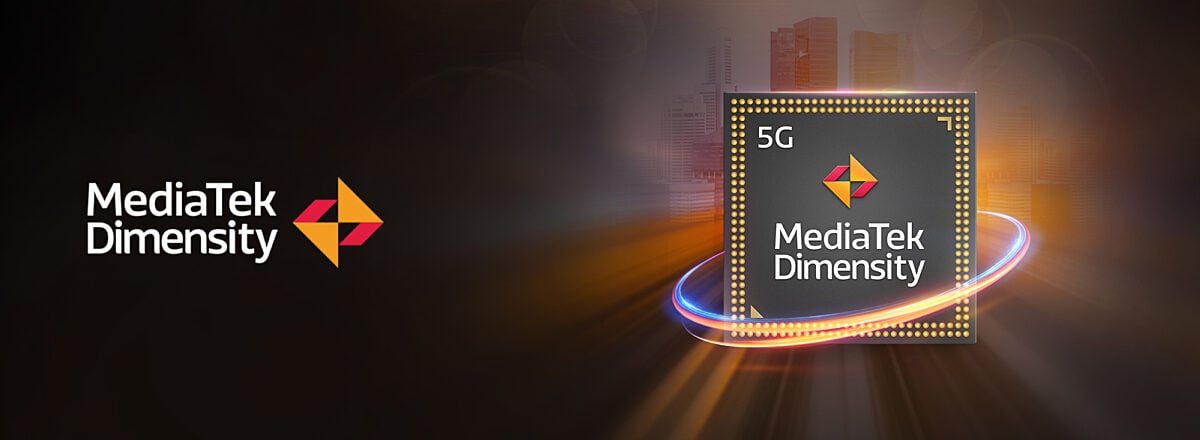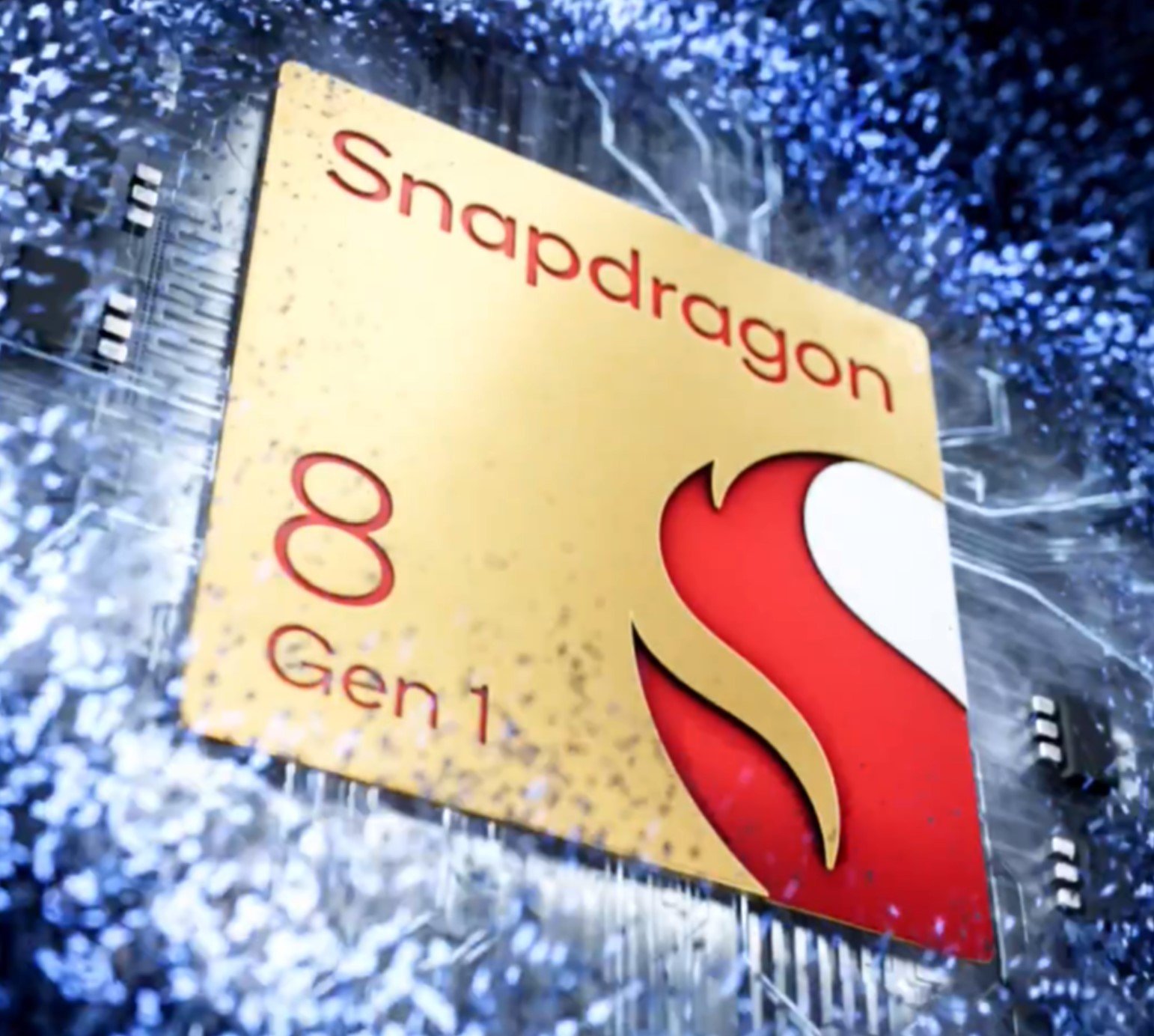
Google Tensor G2 vs Apple A15 Bionic (5-GPU)
Last updated:
CPU comparison with benchmarks

|
 |

|
| Google Tensor G2 | Apple A15 Bionic (5-GPU) | |
CPU comparisonGoogle Tensor G2 or Apple A15 Bionic (5-GPU) - which processor is faster? In this comparison we look at the differences and analyze which of these two CPUs is better. We compare the technical data and benchmark results.
The Google Tensor G2 has 8 cores with 8 threads and clocks with a maximum frequency of 2.85 GHz. Up to 12 GB of memory is supported in 2 memory channels. The Google Tensor G2 was released in Q4/2022. The Apple A15 Bionic (5-GPU) has 6 cores with 6 threads and clocks with a maximum frequency of 3.23 GHz. The CPU supports up to 6 GB of memory in 1 memory channels. The Apple A15 Bionic (5-GPU) was released in Q3/2021. |
||
| Google Tensor (3) | Family | Apple A series (22) |
| Google Tensor G2 (1) | CPU group | Apple A15 (2) |
| 2 | Generation | 15 |
| G2 | Architecture | A15 |
| Mobile | Segment | Mobile |
| Google Tensor | Predecessor | Apple A14 Bionic |
| -- | Successor | Apple A16 Bionic |
|
|
||
CPU Cores and Base FrequencyThe Google Tensor G2 has 8 CPU cores and can calculate 8 threads in parallel. The clock frequency of the Google Tensor G2 is 2.85 GHz while the Apple A15 Bionic (5-GPU) has 6 CPU cores and 6 threads can calculate simultaneously. The clock frequency of the Apple A15 Bionic (5-GPU) is at 3.23 GHz. |
||
| Google Tensor G2 | Characteristic | Apple A15 Bionic (5-GPU) |
| 8 | Cores | 6 |
| 8 | Threads | 6 |
| hybrid (Prime / big.LITTLE) | Core architecture | hybrid (big.LITTLE) |
| No | Hyperthreading | No |
| No | Overclocking ? | No |
| 2.85 GHz 2x Cortex-X1 |
A-Core | 3.23 GHz 2x Avalanche |
| 2.35 GHz 2x Cortex-A78 |
B-Core | 2.02 GHz 4x Blizzard |
| 1.80 GHz 4x Cortex-A55 |
C-Core | -- |
Artificial Intelligence and Machine LearningProcessors with the support of artificial intelligence (AI) and machine learning (ML) can process many calculations, especially audio, image and video processing, much faster than classic processors. Algorithms for ML improve their performance the more data they have collected via software. ML tasks can be processed up to 10,000 times faster than with a classic processor. |
||
| Google Tensor G2 | Characteristic | Apple A15 Bionic (5-GPU) |
| Google Tensor AI | AI hardware | Apple Neural Engine |
| Google Edge TPU @ 4 TOPS | AI specifications | 16 Neural cores @ 15.8 TOPS |
Internal GraphicsThe Google Tensor G2 or Apple A15 Bionic (5-GPU) has integrated graphics, called iGPU for short. The iGPU uses the system's main memory as graphics memory and sits on the processor's die. |
||
| ARM Mali-G710 MP7 | GPU | Apple A15 (5 GPU Cores) |
| 0.90 GHz | GPU frequency | 1.34 GHz |
| -- | GPU (Turbo) | -- |
| Vallhall 3 | GPU Generation | 12 |
| 4 nm | Technology | 5 nm |
| 1 | Max. displays | 3 |
| 7 | Compute units | 20 |
| -- | Shader | 640 |
| No | Hardware Raytracing | No |
| No | Frame Generation | No |
| -- | Max. GPU Memory | 6 GB |
| 12 | DirectX Version | -- |
Hardware codec supportA photo or video codec that is accelerated in hardware can greatly accelerate the working speed of a processor and extend the battery life of notebooks or smartphones when playing videos. |
||
| ARM Mali-G710 MP7 | GPU | Apple A15 (5 GPU Cores) |
| Decode / Encode | Codec h265 / HEVC (8 bit) | Decode / Encode |
| Decode / Encode | Codec h265 / HEVC (10 bit) | Decode / Encode |
| Decode / Encode | Codec h264 | Decode / Encode |
| Decode / Encode | Codec VP9 | Decode / Encode |
| Decode / Encode | Codec VP8 | Decode / Encode |
| Decode | Codec AV1 | No |
| Decode / Encode | Codec AVC | Decode |
| Decode / Encode | Codec VC-1 | Decode |
| Decode / Encode | Codec JPEG | Decode / Encode |
Memory & PCIeThe Google Tensor G2 can use up to 12 GB of memory in 2 memory channels. The maximum memory bandwidth is 53.0 GB/s. The Apple A15 Bionic (5-GPU) supports up to 6 GB of memory in 1 memory channels and achieves a memory bandwidth of up to 34.1 GB/s. |
||
| Google Tensor G2 | Characteristic | Apple A15 Bionic (5-GPU) |
| LPDDR5-5500 | Memory | LPDDR4X-4266 |
| 12 GB | Max. Memory | 6 GB |
| 2 (Dual Channel) | Memory channels | 1 (Single Channel) |
| 53.0 GB/s | Max. Bandwidth | 34.1 GB/s |
| No | ECC | No |
| 8.00 MB | L2 Cache | 16.00 MB |
| 4.00 MB | L3 Cache | 32.00 MB |
| -- | PCIe version | -- |
| -- | PCIe lanes | -- |
| -- | PCIe Bandwidth | -- |
Thermal ManagementThe thermal design power (TDP for short) of the Google Tensor G2 is 10 W, while the Apple A15 Bionic (5-GPU) has a TDP of 7.25 W. The TDP specifies the necessary cooling solution that is required to cool the processor sufficiently. |
||
| Google Tensor G2 | Characteristic | Apple A15 Bionic (5-GPU) |
| 10 W | TDP (PL1 / PBP) | 7.25 W |
| -- | TDP (PL2) | -- |
| -- | TDP up | -- |
| -- | TDP down | -- |
| -- | Tjunction max. | -- |
Technical detailsThe Google Tensor G2 is manufactured in 4 nm and has 12.00 MB cache. The Apple A15 Bionic (5-GPU) is manufactured in 5 nm and has a 48.00 MB cache. |
||
| Google Tensor G2 | Characteristic | Apple A15 Bionic (5-GPU) |
| 4 nm | Technology | 5 nm |
| Chiplet | Chip design | Chiplet |
| Armv8-A (64 bit) | Instruction set (ISA) | Armv8-A (64 bit) |
| -- | ISA extensions | -- |
| -- | Socket | -- |
| None | Virtualization | None |
| No | AES-NI | No |
| Android | Operating systems | iOS |
| Q4/2022 | Release date | Q3/2021 |
| -- | Release price | -- |
| show more data | show more data | |
Rate these processors
Average performance in benchmarks
⌀ Single core performance in 2 CPU benchmarks
⌀ Multi core performance in 3 CPU benchmarks
Geekbench 5, 64bit (Single-Core)
Geekbench 5 is a cross plattform benchmark that heavily uses the systems memory. A fast memory will push the result a lot. The single-core test only uses one CPU core, the amount of cores or hyperthreading ability doesn't count.
|
|
Google Tensor G2
8C 8T @ 2.85 GHz |
||
|
|
Apple A15 Bionic (5-GPU)
6C 6T @ 3.23 GHz |
||
Geekbench 5, 64bit (Multi-Core)
Geekbench 5 is a cross plattform benchmark that heavily uses the systems memory. A fast memory will push the result a lot. The multi-core test involves all CPU cores and taks a big advantage of hyperthreading.
|
|
Google Tensor G2
8C 8T @ 2.85 GHz |
||
|
|
Apple A15 Bionic (5-GPU)
6C 6T @ 3.23 GHz |
||
Geekbench 6 (Single-Core)
Geekbench 6 is a benchmark for modern computers, notebooks and smartphones. What is new is an optimized utilization of newer CPU architectures, e.g. based on the big.LITTLE concept and combining CPU cores of different sizes. The single-core benchmark only evaluates the performance of the fastest CPU core, the number of CPU cores in a processor is irrelevant here.
|
|
Google Tensor G2
8C 8T @ 2.85 GHz |
||
|
|
Apple A15 Bionic (5-GPU)
6C 6T @ 3.23 GHz |
||
Geekbench 6 (Multi-Core)
Geekbench 6 is a benchmark for modern computers, notebooks and smartphones. What is new is an optimized utilization of newer CPU architectures, e.g. based on the big.LITTLE concept and combining CPU cores of different sizes. The multi-core benchmark evaluates the performance of all of the processor's CPU cores. Virtual thread improvements such as AMD SMT or Intel's Hyper-Threading have a positive impact on the benchmark result.
|
|
Google Tensor G2
8C 8T @ 2.85 GHz |
||
|
|
Apple A15 Bionic (5-GPU)
6C 6T @ 3.23 GHz |
||
iGPU - FP32 Performance (Single-precision GFLOPS)
The theoretical computing performance of the internal graphics unit of the processor with simple accuracy (32 bit) in GFLOPS. GFLOPS indicates how many billion floating point operations the iGPU can perform per second.
|
|
Google Tensor G2
ARM Mali-G710 MP7 @ 0.90 GHz |
||
|
|
Apple A15 Bionic (5-GPU)
Apple A15 (5 GPU Cores) @ 1.34 GHz |
||
AnTuTu 9 Benchmark
The AnTuTu 9 benchmark is very well suited to measuring the performance of a smartphone. AnTuTu 9 is quite heavy on 3D graphics and can now also use the "Metal" graphics interface. In AnTuTu, memory and UX (user experience) are also tested by simulating browser and app usage. AnTuTu version 9 can compare any ARM CPU running on Android or iOS. Devices may not be directly comparable when benchmarked on different operating systems.
In the AnTuTu 9 benchmark, the single-core performance of a processor is only slightly weighted. The rating is made up of the multi-core performance of the processor, the speed of the working memory, and the performance of the internal graphics.
In the AnTuTu 9 benchmark, the single-core performance of a processor is only slightly weighted. The rating is made up of the multi-core performance of the processor, the speed of the working memory, and the performance of the internal graphics.
|
|
Google Tensor G2
8C 8T @ 2.85 GHz |
||
|
|
Apple A15 Bionic (5-GPU)
6C 6T @ 3.23 GHz |
||
Performance for Artificial Intelligence (AI) and Machine Learning (ML)
Processors with the support of artificial intelligence (AI) and machine learning (ML) can process many calculations, especially audio, image and video processing, much faster than classic processors. The performance is given in the number (trillions) of arithmetic operations per second (TOPS).
|
|
Google Tensor G2
8C 8T @ 2.85 GHz |
||
|
|
Apple A15 Bionic (5-GPU)
6C 6T @ 3.23 GHz |
||
Devices using this processor |
|
| Google Tensor G2 | Apple A15 Bionic (5-GPU) |
| Google Pixel 7 Google Pixel 7 Pro |
Apple iPad mini (6. Gen) Apple iPhone 13 Pro Apple iPhone 13 Pro Max Apple iPhone 14 Apple iPhone 14 Plus |
News and articles for the Google Tensor G2 and the Apple A15 Bionic (5-GPU)

MediaTek Dimensity 9000+ vs Apple A16 and Snapdragon 8+ Gen 1
Posted by Stefan on 2022-09-22
With the Dimensity 9000+, Mediatek presents the latest of its smartphone chips. The successor to the Mediatek Dimensity 9000 achieves higher CPU and GPU clock frequencies thanks to better binning. The CPU clock of the prime core (A core) increases from 3.0 to 3.2 GHz. And the ARM Mali-G710 MP10 GPU can now clock at 0.9 GHz (previously 0.85 GHz).
Both are a good improvement over the Dimensity 9000 in theory but the increase in performance should not usually be noticeable in practice. In the end, the overall performance of the Mediatek Dimensity 9000+ is impressive: Qualcomm Snapdragon 8+ Gen 1 is beaten in Geekbench 5 in both the single-core and multi-core benchmarks.
Both are a good improvement over the Dimensity 9000 in theory but the increase in performance should not usually be noticeable in practice. In the end, the overall performance of the Mediatek Dimensity 9000+ is impressive: Qualcomm Snapdragon 8+ Gen 1 is beaten in Geekbench 5 in both the single-core and multi-core benchmarks.

What we know about the new Apple A16 Bionic in Apples iPhone 14
Posted by Stefan on 2022-08-23
Every year Apple releases a new iPhone series and with the release of the series always the latest Apple A processor. This has become even more important in recent years, as it has also formed the basis for Apple's M processor series since 2020. The Apple M processors are based on the same core architecture as the Apple A processors, but have been significantly upgraded in many areas such as memory bandwith, amount of memory or cache.

Qualcomm Snapdragon 8+ Gen 1 is more powerful and efficient
Posted by Stefan on 2022-07-11
Qualcomm is changing the contract manufacturer from Samsung to TSMC for the Snapdragon 8+ Gen 1. By switching to the TSMC 4 nm manufacturing process, the Snapdragon 8+ Gen 1 is not only 10 percent faster but also 15 percent more efficient than its predecessor. This makes Qualcomm's TOP SoC one of the fastest smartphone chips on the market.
Popular comparisons containing this CPUs
back to index








